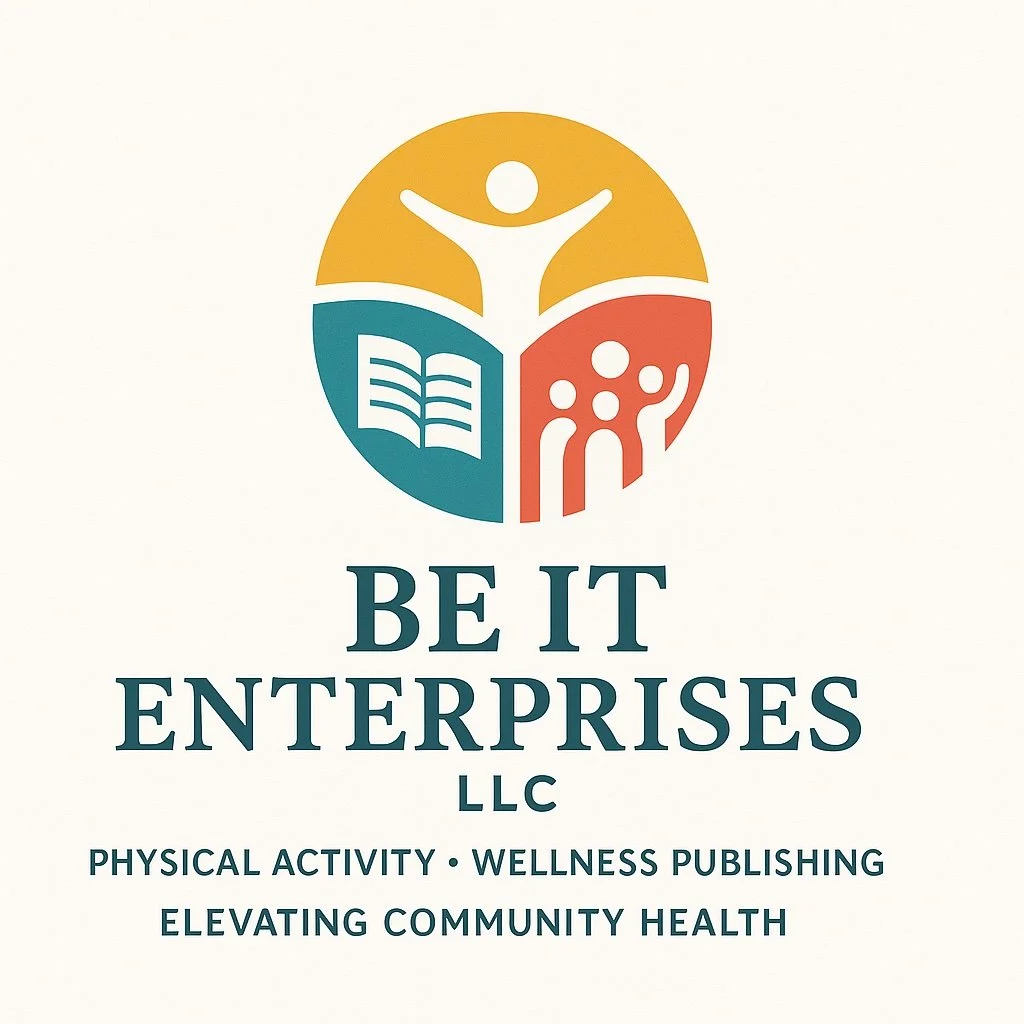Federal Budget Cuts Threaten Health Coverage—but Our Community Still Has Power
This year marks the 60th anniversary of Medicaid—a program that has helped nearly 7 million New Yorkers access essential health care. Instead of celebrating, we are facing the largest proposed cuts in Medicaid’s history according to New York State of Health. These federal changes could strip coverage from up to 1.5 million working people and cost hospitals and community clinics more than $3 billion in unpaid care. (NYSH)
As a result of this bill, even New York’s Essential Plan, which serves more than 1.6 million people working in food service, childcare, elder care, and other frontline jobs, is under threat. Premiums could go up, eligibility could shrink, and nearly half of all enrollees may lose critical tax credits.
After 15 years of progress under the Affordable Care Act, New York has one of the lowest uninsured rates in the country—below 5%. These harmful proposals feel like a “backdoor repeal” (New York State of Health) that will hit our most vulnerable families the hardest.
But we are not powerless.
What You Can Do Now
Ø Don’t wait— get help navigating your options.
The NY State of Health website (nystateofhealth.ny.gov) offers free help. You can speak with a certified assistor in person or by phone. Call 1-855-355-5777 to see if you still qualify and learn how to renew your coverage.
Ø Stay connected to wellness and food security resources.
Faith communities are stepping up to fill the gap. Churches, senior centers, and community programs across the city are offering:
● Free or low-cost produce
● Wellness and exercise classes
● Preventive health workshops
● Diabetes and chronic disease support
At Our Church: A Healing Ministry Rooted in Faith and Community
Ø Here at Mother AME Zion, the Doris A. Rhem Health Wellness & Healing Ministry continues to serve with compassion, strength, and joy. We are proud to announce:
Ø Self-Care in Your Chair returns this fall—an uplifting, faith-fueled seated fitness experience with Monifa Maat and Coach Nathan Palmer, every Wednesday and Friday at 5PM, resuming the third week of September.
Ø Our Diabetes Prevention Lifestyle Program will also relaunch this fall! First introduced over 20 years ago by our beloved Deaconess Doris Rhem in partnership with the NYC Health Department, this time we’re building on her vision with individualized diet plans led by Licensed Dietitian Deaconess Elsa M. Smith, who worked side by side with Sis. Doris in the ministry.
This is a powerful, prayerful way to take charge of your health—together.
Want to join us? We’d love to have you.
Ø RSVP here to learn more and help us plan: [https://forms.gle/SPnP8GZxauEjJTKH6]
Ø Let’s move forward in faith, wellness, and community—just like Sis. Doris guided us.
Source: New York State of Health. Impact of Federal Budget Bills on New York State. 1st July 2025,
Updates (August 2025)
Ø On July 4, 2025, the One Big “Beautiful” Bill Act (OBBB)—nicknamed by critics as the One Big Ugly Bill—was signed into law, bringing major changes to Medicaid and ACA programs. These Medicaid cuts are confirmed nationwide—not just proposals—and are already shaping how hospitals and community programs plan for the future.
Ø The law locks in several changes: work requirements, higher premiums, tighter eligibility rules, and reduced payments to healthcare providers.
Ø Millions are expected to lose coverage, with projected Medicaid cuts topping $1 trillion over the next decade.
Ø In New York, hospitals and clinics—especially safety-net providers serving our most vulnerable neighbors—could lose $2.5–$3 billion each year in federal funding. This could mean fewer services and longer wait times for patients.
Ø Starting in 2026, if sequestration triggers (sequestration is a budget enforcement process that automatically cuts government spending if specific budget targets or limits aren’t met. It’s essentially a built-in safeguard to keep federal spending in check) remain in place, Medicare providers could face payment cuts as well—making it harder to find specialists in communities already struggling with limited access to care.
